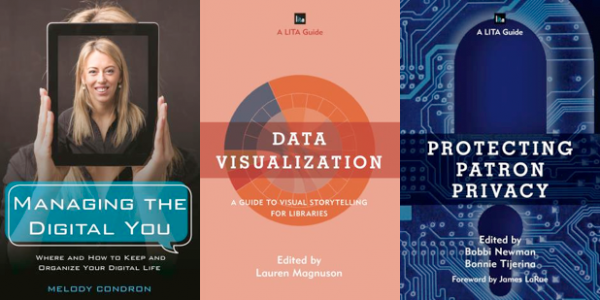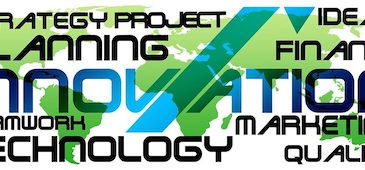LITA is looking to expand its popular LITA Guide series. Rowman & Littlefield Publishers would like to offer a $250 gift card for the best LITA book proposal. Proposals must be submitted by DECEMBER 15th, 2017. Topics for consideration include: Tools for big data Developing in-house technology expertise Budgeting for technology Writing a technology plan K-12 technology Applications of agile development for libraries Grant writing for library technology Security for library systems Questions or comments can be sent to Marta Deyrup, LITA Acquisitions Editor. Proposals can be submitted to the Acquisitions editor using this link.
LITA Guides: Call for Proposals


